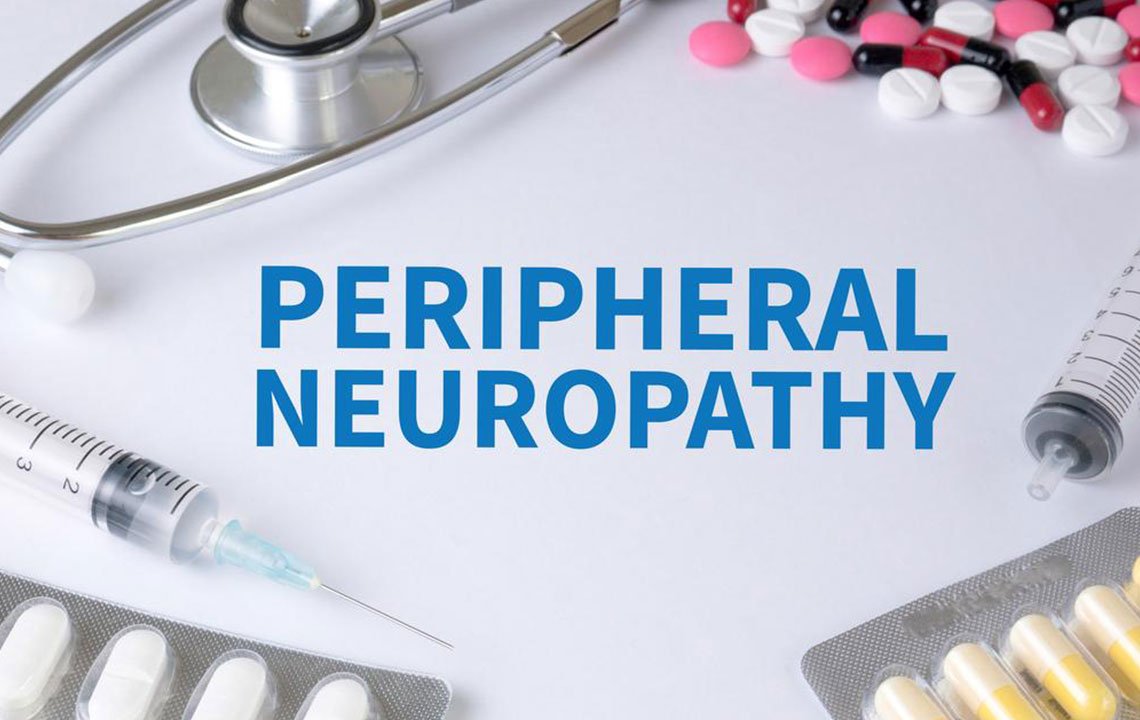Managing Chronic Neuropathic Discomfort Effectively
Learn effective strategies to manage chronic neuropathic pain, including medication options like antidepressants and anticonvulsants, lifestyle adjustments, and topical treatments. Early diagnosis and lifestyle changes can help prevent nerve damage and improve quality of life for sufferers.

Strategies for Managing Chronic Neuropathic Discomfort
When damage or illness affects the sensory nerves, their ability to transmit sensations to the brain becomes impaired. This can lead to numbness or complete loss of feeling. Conversely, some individuals experience persistent pain in affected areas when nerves are injured. Neuropathic pain typically develops gradually and can persist over time, fluctuating in intensity throughout the day. It is often characterized by a persistent, nagging discomfort that can worsen or improve based on various factors.
Neuropathic pain is often linked to nerve conditions such as diabetic neuropathy or spinal stenosis. Injuries to the spinal cord or brain can also induce severe nerve pain. Proper medication is essential to alleviate this condition effectively.
Key risk factors
Neuropathic pain arises when the sensory nervous system loses function. Conditions like carpal tunnel syndrome can cause nerve symptoms that lead to pain. Nerve injuries from trauma, cancer therapies, shingles, multiple sclerosis, stroke, HIV, vitamin deficiencies, or diabetes are common triggers for nerve pain.
Recognizing Symptoms of Neuropathic Pain
Unlike other nerve issues, neuropathic pain is harder to identify based purely on symptoms. Patients often describe it as burning, itching, stabbing, hot, or overly sensitive sensations. For some, even light pressure or touch can cause discomfort. Clinicians use various pain scales—numeric or visual faces—to assess pain severity, especially when patients struggle to articulate their experience.
Use of Antidepressants for Relief
Several medications are approved for neuropathic pain management. Tricyclic antidepressants such as amitriptyline, desipramine, and nortriptyline have long been used to address nerve pain. Response time varies among patients, with some experiencing quick relief. Other antidepressants like SSRIs—including citalopram and paroxetine—and medications such as bupropion and venlafaxine are also prescribed for certain cases.
Antiseizure Drugs and Cardiac Medications
Antiseizure medications like gabapentin, lamotrigine, phenytoin, and carbamazepine are commonly used to treat nerve pain, though they may be less effective in chronic cases. When these prove insufficient, doctors may recommend medications for heart arrhythmias, but only under strict medical supervision due to possible side effects and complications.
Additional Treatment Options
Topical treatments like capsaicin and lidocaine patches or gels can provide moderate relief for some patients. While some advocate for narcotics, most doctors avoid them unless absolutely necessary, focusing instead on identifying and treating the underlying cause. Reversing nerve damage or preventing it through lifestyle adjustments—such as limiting alcohol, quitting tobacco, maintaining healthy weight, and ergonomic practices—plays a vital role in prevention and management.
Proper medication and lifestyle management are crucial for pain relief. Early intervention and healthy habits can significantly reduce the risk of nerve-related conditions and improve quality of life for those affected.










